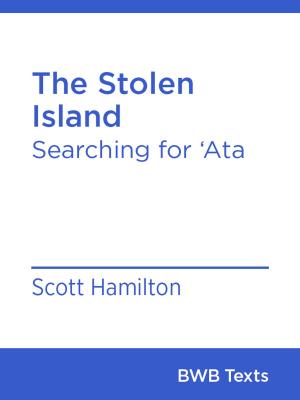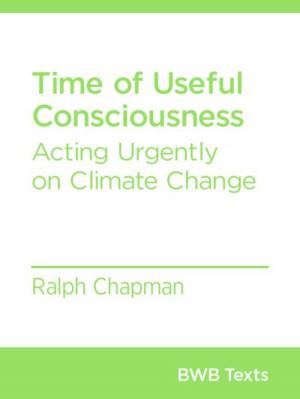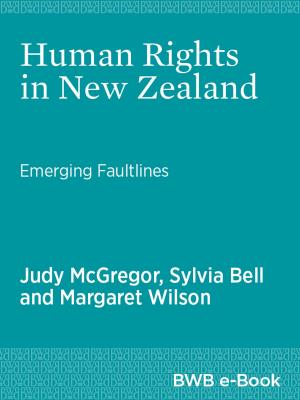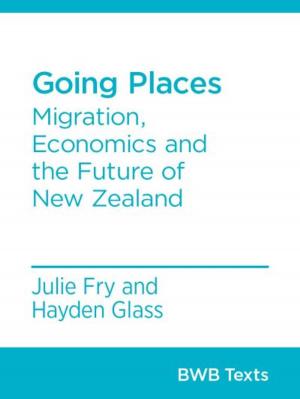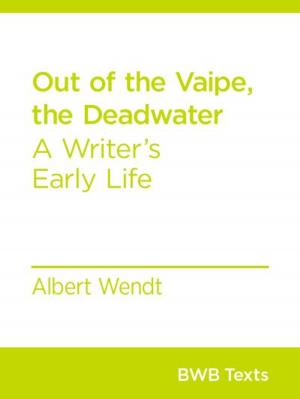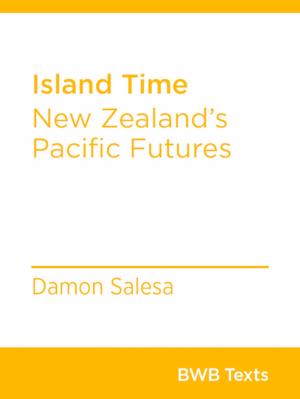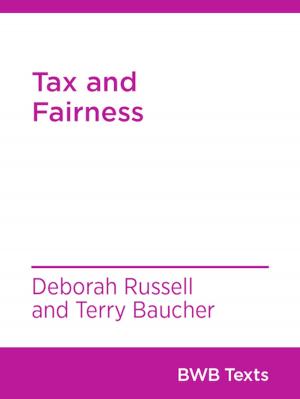The FIRE Economy
New Zealand's Reckoning
Nonfiction, Social & Cultural Studies, Political Science, Politics, Economic Policy, International| Author: | Jane Kelsey | ISBN: | 9781927277188 |
| Publisher: | Bridget Williams Books | Publication: | July 13, 2015 |
| Imprint: | Language: | English |
| Author: | Jane Kelsey |
| ISBN: | 9781927277188 |
| Publisher: | Bridget Williams Books |
| Publication: | July 13, 2015 |
| Imprint: | |
| Language: | English |
The FIRE economy built on finance, insurance and real estate is now the world’s principal source of wealth creation. Its rise has transformed our political, economic and social landscapes, supported by a neoliberal regime that celebrates markets, profit and risk. From rising inequality and ballooning household debt to a global financial crisis and fiscal austerity, the neoliberal ‘orthodoxy’ has brought instability and empowered the few. Yet it remains remarkably resilient, even resurgent, in New Zealand and abroad.In 1995 Jane Kelsey set out a groundbreaking account of the neoliberal revolution in The New Zealand Experiment. Now she marshals an exceptional range of evidence to show how this transfer of wealth and power has been systematically embedded over three decades.Today organisations and commentators once at the vanguard of neoliberal reform, including the IMF and Financial Times journalist Martin Wolf, are warning the current model is unsustainable. A post-neoliberal era beckons. In The FIRE Economy Kelsey identifies the risks posed by FIRE and the barriers embedded neoliberalism presents to a progressive, post-neoliberal transformation and urges us to act. This is a book New Zealand cannot afford to ignore.
The FIRE economy built on finance, insurance and real estate is now the world’s principal source of wealth creation. Its rise has transformed our political, economic and social landscapes, supported by a neoliberal regime that celebrates markets, profit and risk. From rising inequality and ballooning household debt to a global financial crisis and fiscal austerity, the neoliberal ‘orthodoxy’ has brought instability and empowered the few. Yet it remains remarkably resilient, even resurgent, in New Zealand and abroad.In 1995 Jane Kelsey set out a groundbreaking account of the neoliberal revolution in The New Zealand Experiment. Now she marshals an exceptional range of evidence to show how this transfer of wealth and power has been systematically embedded over three decades.Today organisations and commentators once at the vanguard of neoliberal reform, including the IMF and Financial Times journalist Martin Wolf, are warning the current model is unsustainable. A post-neoliberal era beckons. In The FIRE Economy Kelsey identifies the risks posed by FIRE and the barriers embedded neoliberalism presents to a progressive, post-neoliberal transformation and urges us to act. This is a book New Zealand cannot afford to ignore.

